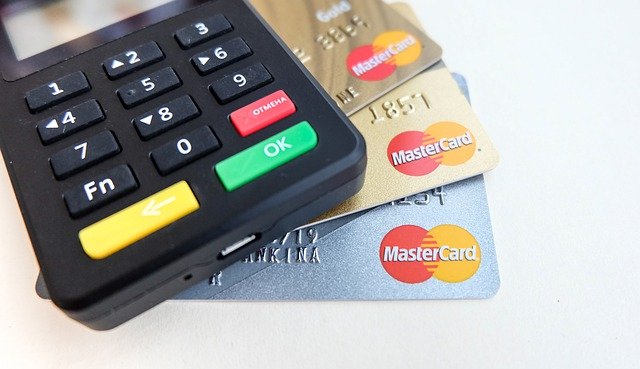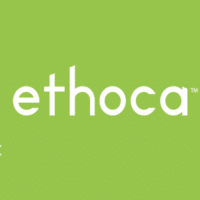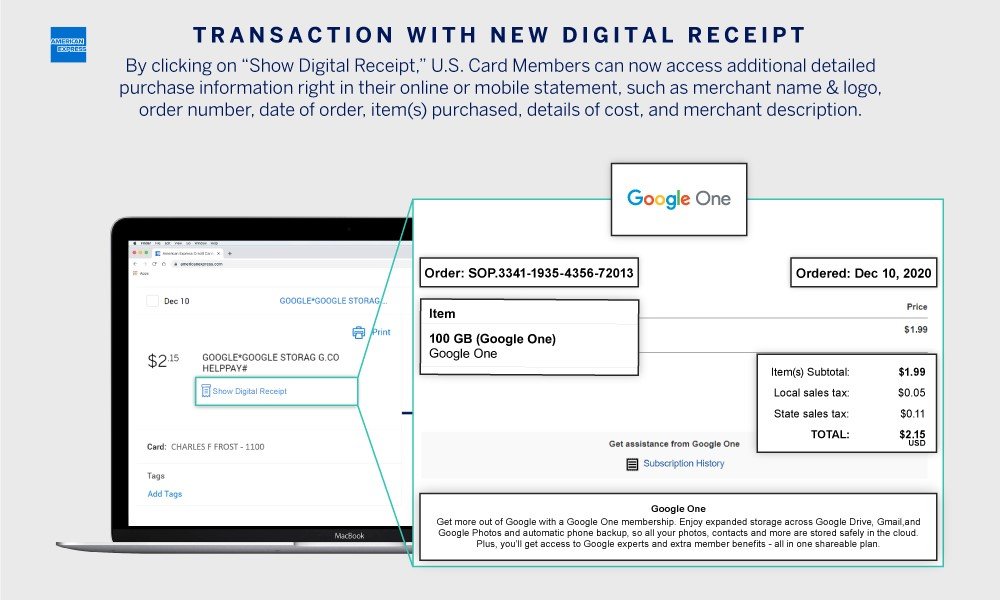Chargeback Double-Dipping Hurts Merchants Twice
Last Updated on April 15, 2021 by Michael
Chargeback double-dipping has become a real problem for some merchants, especially those with a longer refund process. We realized this after reading an article on the TravelWeekly.co.uk website about how British travel providers and travel agencies have been the victims of chargeback double-dipping thanks to impatient or unethical customers and poor banking service.
According to the Association of British Travel Agents (ABTA), travelers whose trips were canceled due to the pandemic are asking for refunds from the travel providers, which is understandable. If you paid for plane tickets or a cruise, and that was canceled by the airline or cruise line, you should get a refund.
Except the cardholders are then calling their issuing bank or the credit card network and asking for a refund again. And they’re receiving them.
This is causing the travel providers and travel agents a real problem because the money from both chargebacks is being taken out of their accounts and the banks have been slow to fix the problem.
How Does Chargeback Double-Dipping Work?

The merchant notifies the bank about the first refund when they send their day’s transactions, but it takes a couple days for the refund to be posted to their account. In that time, the customer calls the bank and issues the second chargeback. And it also takes a few days for the bank to post the second chargeback back to the merchant, so in that time, the cardholder has both amounts.
In that time, the merchant becomes aware of the second chargeback and they end up fighting with the bank to get one of them back. The problem is, the bank does not always give the money back. Or if they do, they take their time about it.
Of course, chargeback double-dipping is illegal, but cardholders are still doing it because it’s profitable. Who wouldn’t want two refunds for the same $3,000 trip?
The chargebacks don’t just cost the merchant double the refunds. It can cost them as much as three times the amount of the original purchase thanks to all the chargeback fees, any monitoring programs, and any other fees the issuing bank or credit card network wants to levy.
In response to the chargeback double-dipping complaints, the ABTA wrote to Paul Scully, the Minister for Small Business, Consumers and Labour Markets and told him about the problems.
- The problem of ‘double dipping’ whereby customers are getting a refund from the travel company and their credit card provider – meaning the travel business pays twice.
- Late notification of a chargeback claim, including some cases where the trader has been notified of the claim after the deadline supplied for appealing the decision.
- Chargebacks that appear to have been lodged against the wrong trader in the chain, with the consumer pursuing intermediary travel agents rather than the principal of the contract, the tour operator.
- The very high number of reports of difficulties with the dispute process, which is frequently resulting in large financial losses, even where traders can provide evidence that chargebacks are ill-founded.
ABTA said the banks and the credit card networks were to blame, because they were “applying insufficient checks to ensure that chargeback claims are justified.” So rather than checking whether a refund had already been issued, or asking important questions like, “Have you contacted your travel provider first?” they just processed the charge.
This is why it’s important that merchants work with services like Mastercard’s Ethoca Eliminator or Order Insights by Verifi (a Visa company), as well as work with payment processors that use these services themselves.
Both Ethoca Eliminator and Order Insights manage a lot of chargebacks and disputes on behalf of the merchants, including looking up to see if a refund has already been granted. (Because refunds and most transactions are reported in real-time, which means the bank should have the information before the cardholder can even make the second call to the bank.)
By seeing where refunds have already been given, the customer service reps can report that information to the customer. And if they see the customer has a pattern of chargeback double-dipping, they can add them to a list of fraudsters which will alert merchants to keep them from delivering items or providing services to someone who may rip them off.
Are you the victim of chargeback double-dipping in your own business? Or are you being hit with a lot of regular chargebacks? Corepay can help you reduce those and help you lower your costs of dealing with fraud. To learn more just visit our website or call us at (866) 987-1969.
Photo credit: Alexas_Fotos (Pixabay, Creative Commons 0)
We appreciate you following Corepay’s blog. Let’s collaborate, send us your article suggestions, questions, and/or feedback to: [email protected].




